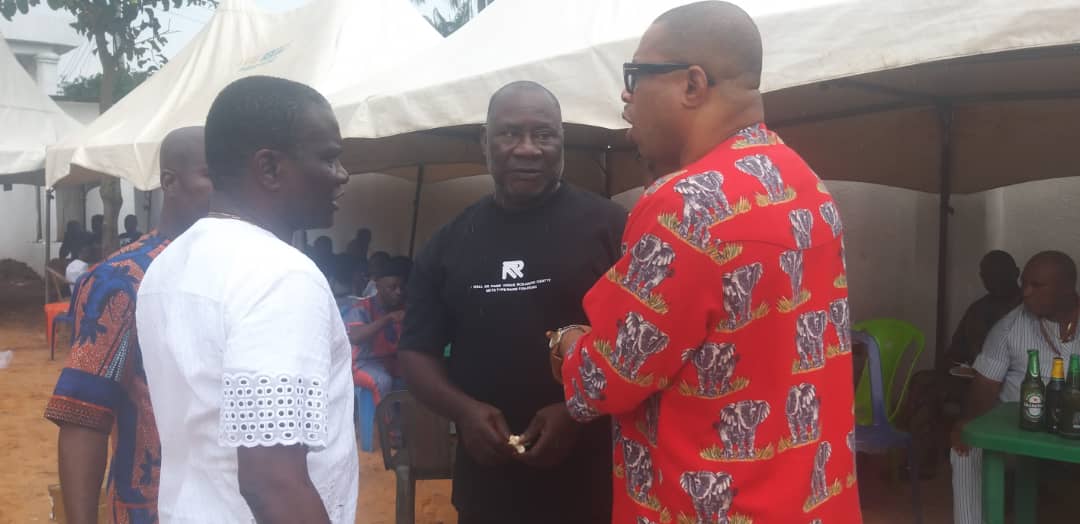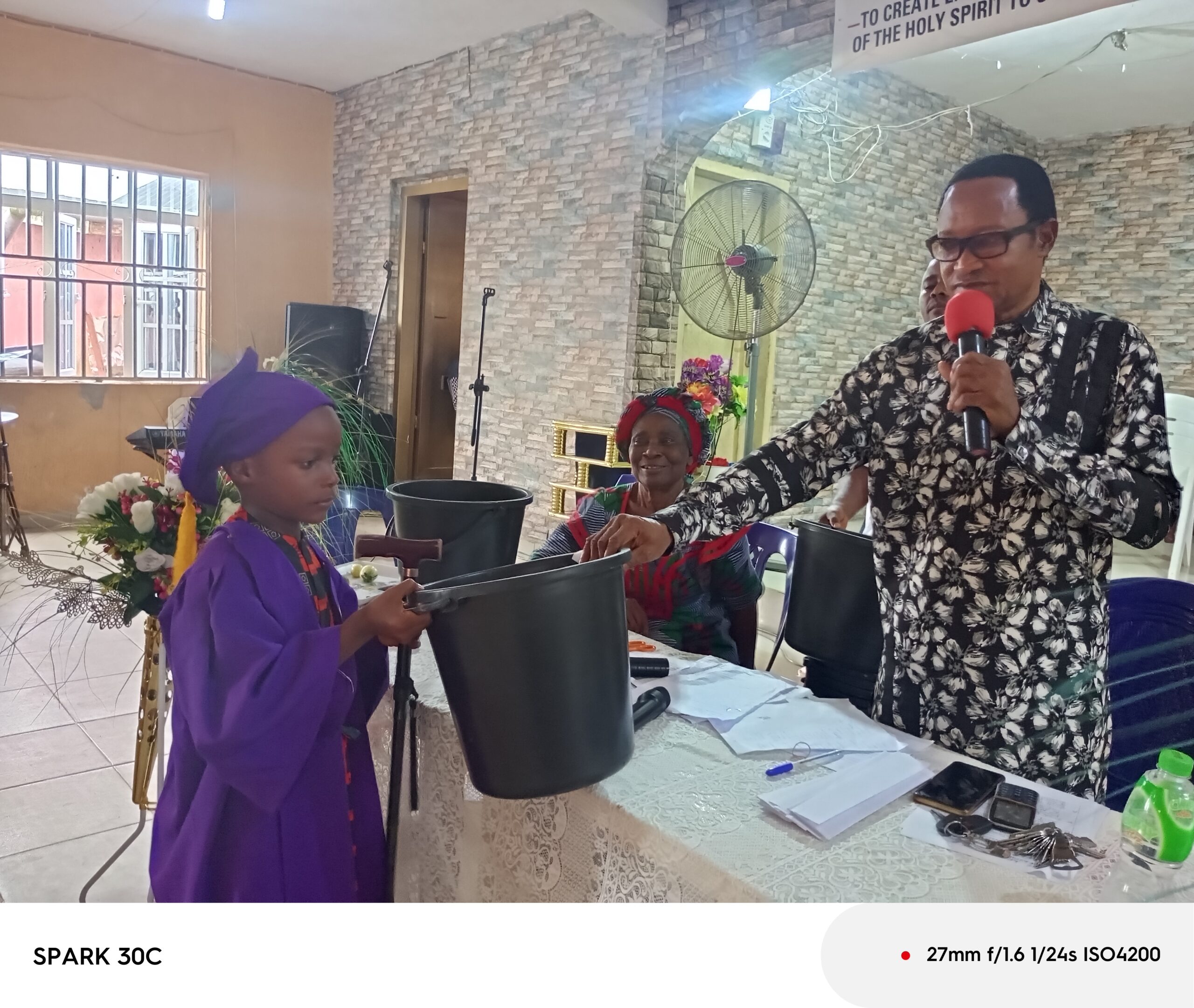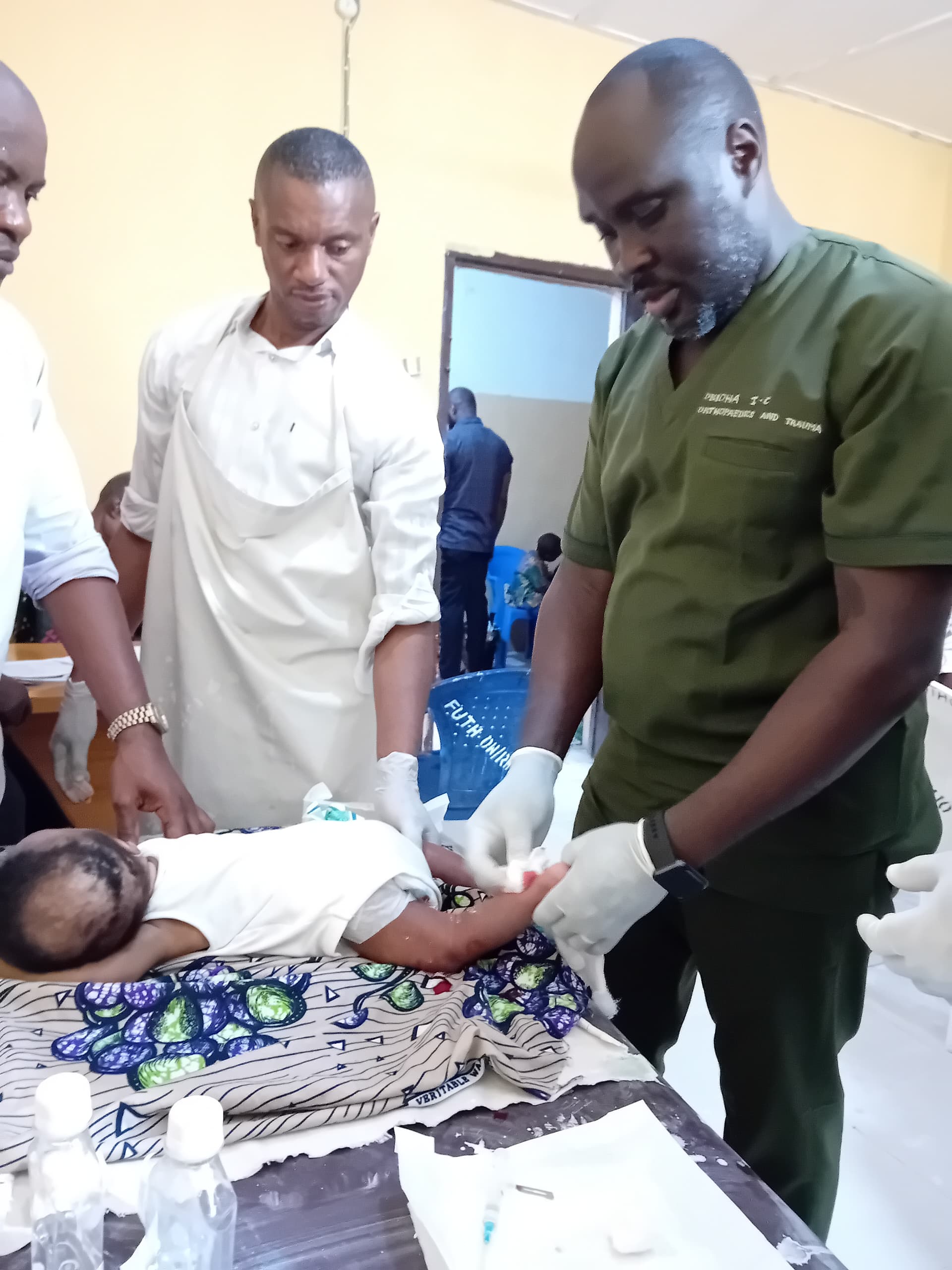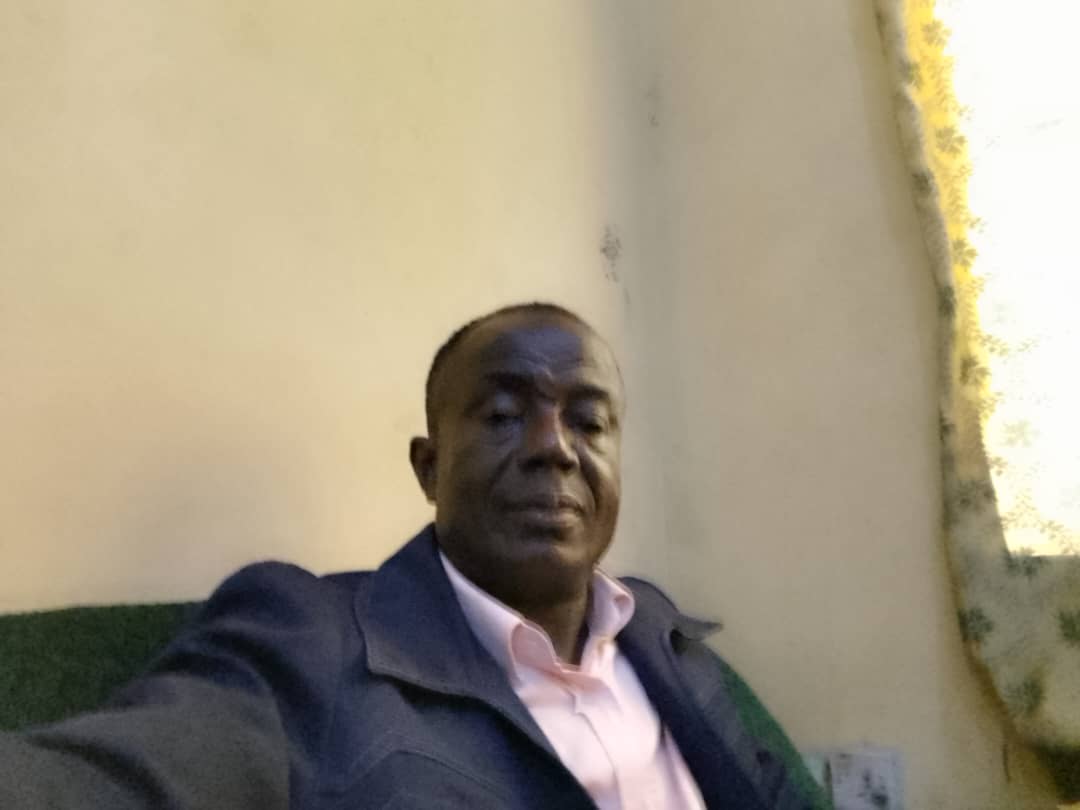
From TCNEWS
The Governor of Abia State, Dr. Alex Otti, has approved a monthly imprest of ₦200,000 for Heads of Environmental Health Officers in each of the state’s 17 local government areas (LGAs), in a move aimed at strengthening environmental health services. The fund is intended to support sanitary inspections and boost hygiene across the state.
The announcement was made by the State Commissioner for Environment, Mr. Philemon Ogbonna, during a strategic meeting with the Heads of Department (HODs) of Environmental Health Officers. Mr. Ogbonna tasked the officers to intensify their efforts in promoting cleanliness and public health at the grassroots level, urging them to cover all corners of the state.
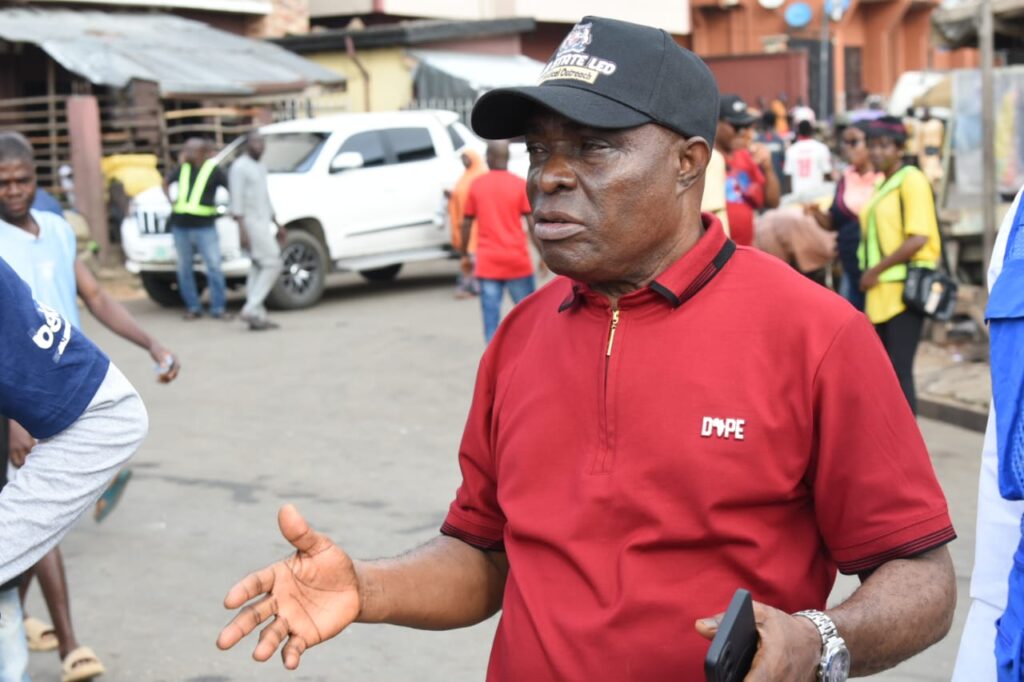
“This administration expects high standards of service delivery,” he said, stressing the importance of professionalism and integrity in carrying out their duties. He warned that any officer found to be involved in corrupt practices, including bribery, would face disciplinary actions.
Highlighting the government’s commitment to public health, Mr. Ogbonna called on the officers to collaborate effectively with their local government mayors and align their activities with the vision of the Otti-led administration, which has placed a strong emphasis on environmental reform and urban sanitation.
Internationally, Nigeria continues to battle environmental health challenges, including waste management, open defecation, and inadequate sanitation infrastructure. Abia State’s initiative aligns with broader efforts by both federal authorities and global development partners to achieve the United Nations’ Sustainable Development Goal (SDG) 6 on clean water and sanitation.
Responding on behalf of her colleagues, Mrs. Onyinyechi Nwaigwe, Chairperson of the Forum of Heads of Environmental Health Officers in the 17 LGAs, expressed gratitude to Governor Otti and pledged the commitment of the sanitary inspectors to uphold high standards and justify the government’s confidence in their roles.

The mobilisation of sanitary inspectors is expected to play a critical role in enhancing public health outcomes in Abia and could serve as a model for other sub-national governments across Nigeria and West Africa.

